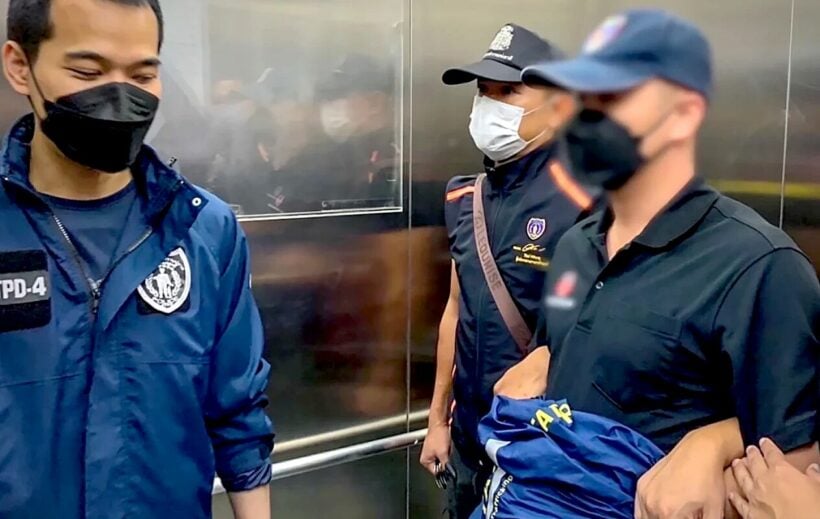Call centre trafficked forced labour to sell crypto via Tinder

When was the last time you got a legitimately good investment tip from Tinder? Never? Scammers continue to use dating apps to con people into fake crypto investments. On Monday, Thai police announced the arrest of a Chinese leader of a multi-country gang who trafficked people to work in call centres selling crypto scams.
The phoney call centre was uncovered when seven workers managed to notify authorities and escape to safety. Police waited after rescuing them to study the scammers’ operations which allowed them to get warrants for the entire gang of 19. The group consisted of 11 Thai people, three Chinese people, three Burmese, one Malay, and one Filipino.
They knew the Chinese man named Yong was the leader and paying for the operation after seeing that he travelled to Thailand in May to open a boxing camp. He used the camp and promoted boxing fights as a front for money laundering their ill-gotten gains.
And that’s how police finally caught up to him, arresting him in the parking lot of Bangkok’s Lumpinee Boxing Stadium on Saturday. Eight more of the 19 scam gang members have been arrested. The Chinese boss denied all wrongdoing but is facing charges of human trafficking and being a member of a human trafficking gang that benefits from forced labour.
The workers in the call centres that the gang trafficked into forced labour? Police are charging them with illegal immigration.
FORCED LABOUR
After being rescued, the seven workers told the tale of being recruited through an online job ad allegedly placed by the 32 year old Chinese gang boss. Once hired, they would travel to the border between Thailand and Myanmar to work. On the Thai side in Tak province, they would cross from Mae Sot to Myawaddy on the Burmese side by foot.
Once they were across the border they were set to work in the bogus call centre. They were required to work 12 hours a day, seven days a week. Workers had quotas to reach and faced stiff punishments if they didn’t hit a certain target. Authorities were unclear on what the punishments were, but suspect they included torture, electric shock, head-shaving, or solitary confinement. The quota was essentially dependent on how many people they could scam.
The leaders of the scam gang would use dating apps such as Badoo and Tinder, creating fake profiles to attract potential victims. There they would chat up their matches and convince them that they should be investing in cryptocurrency. Once the victim was on the hook, they were passed to the call centre workers who were forced to trick the Thai customers to put money into these fake digital assets.
It was common to then pass off the call to a Filipino or Malay call centre employee who acted as a closer to get the cash for the fake investments. The workers who had been recruited and essentially trafficked into Myanmar to do forced labour had no choice but to scam people to survive.
The only other option they had was to pay 50,000 baht to be released from their employment contract and allowed to go home. Some of the rescued workers reported having their family members sell their cars or mortgage their land to come up with the money to buy their freedom.
Latest Thailand News
Follow The Thaiger on Google News:


























